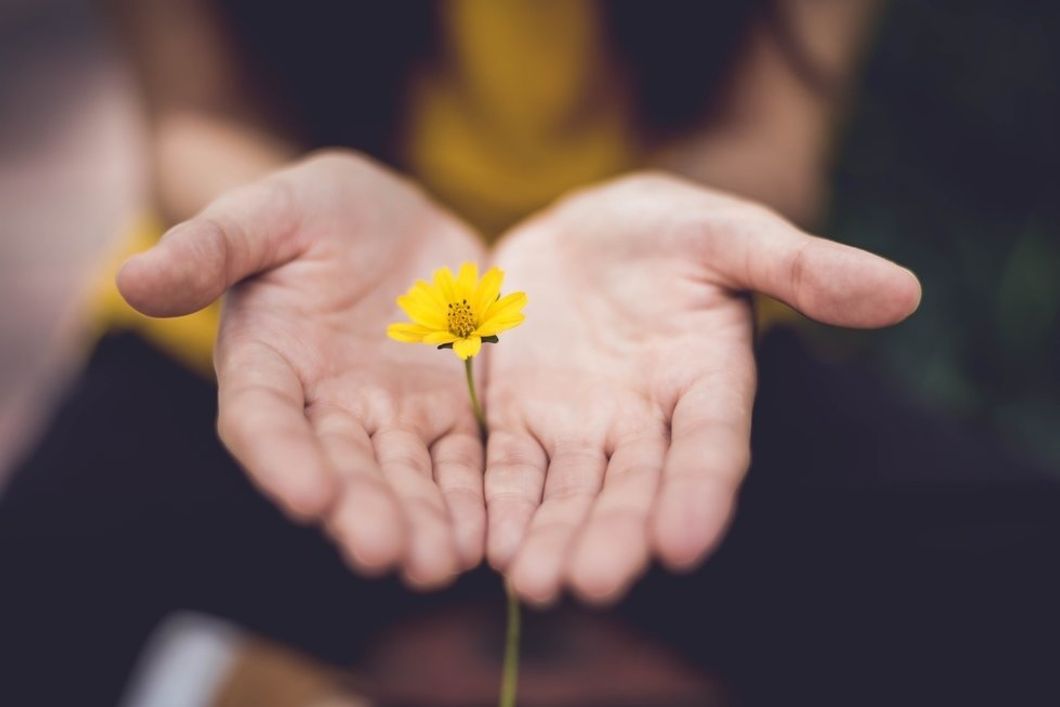Admitting you made a mistake is always difficult, but when your actions have hurt someone you care about, either intentionally or unintentionally, it is important to always ask forgiveness.
I know a lot of people who believe that those who withhold forgiveness are selfish, but, just like trust, forgiveness is something that has to be earned. When you hurt someone you love, whether intentionally or unintentionally, they are under no obligation to forgive you. They are allowed to take their time to decide how they want to proceed. But, most importantly, there can be no moving on if you do not take the time to sincerely apologize.
There is a reason why making amends is such an important step in recovery programs: in order to truly grow and mature from your past, you must recognize where you made mistakes in your life in order to move on and heal. This is rarely easy. It takes a lot of self-reflection and consideration of other people's feelings in order to understand where your actions might have impacted them.
I know what it feels like to make the wrong decision or to mess up so badly that I wonder if I can ever fix the relationship with that person. And it is true that they may make the decision to not forgive you or they may take some time to come around. The thought of losing someone important to you is terrifying — and it should be since that means you really care about them — but most of the time you will lose them if you refuse to apologize.
So, maybe you betrayed a close friend. Maybe you lied to someone important to you. Maybe you made a terrible mistake you wish you could take back.
There's no way to change what you've done, but there's always a way to move forward. Asking for forgiveness is the first step of that process.
Taking responsibility for your actions expresses that you are serious about your relationship with the other person and proves that you value them enough to tell them the truth. Whether or not the person decides to forgive you, taking that first step is just as important for your own mental health. Let go of the weight that has been holding you back. Figure out how to forgive yourself and how to move on now that you have faced your fear. Work on not hurting others again and avoiding situations that caused you to hurt people in the first place.
I have a lot of experience with apologies. I have apologized for my share of mistakes in the past. I've accidentally hurt people I care about and lied to those I love. And on the other hand, I've been hurt and lied to, but I learned to forgive with time and space. However, the biggest pain in my life right now is that the person who hurt me the most has yet to apologize. It can be extremely tiring holding on to all of that resentment, and I know it would be healthiest for me to move on, but I always have a hard time. Since I never received an apology, I feel like they take for granted that I will forgive them. Worst of all, I feel as though I must be incredibly unimportant to them.
Ask for forgiveness when you are wrong. Accept that others need closure, but, most importantly, understand that facing your problems head-on is important for your own closure and your own healing.








































